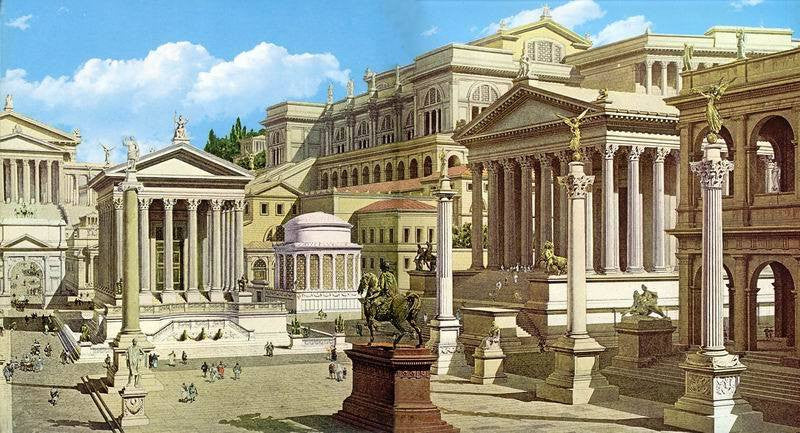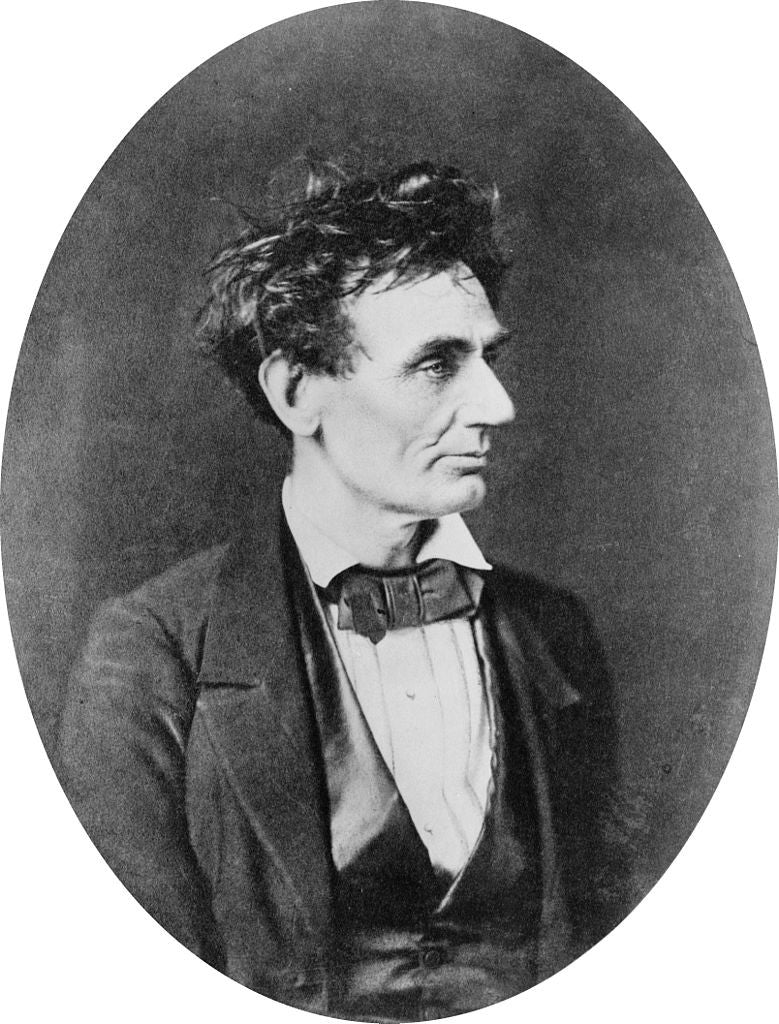Hollandazed: Thoughts, Ideas, and Miscellany — Roman Republic
THE OPT-POP DIARIES PART 6 OF 5 (by Tom Russell)
So, a few folks have asked, in various corners of the internet, why Optimates et Populares is a two-player game, instead of something that sits four or five, as you might typically see in other political games. I never really seriously considered designing it as a multiplayer game, and there are in retrospect a few reasons for that, so I thought I'd dig into 'em a bit here. From the start, the game was about poisonous, hyper-partisan deadlock. You have two well-defined sides in direct conflict with diametrically-opposed and mutually-exclusive goals, unwilling and unable to give an inch. Scoring points...
THE OPT-POP DIARIES, PART 5 (by Tom Russell)

So, over the last four entries in this series, I looked at some of the core ideas behind Optimates et Populares, as well as how I approached some of the design problems inherent in the topic. This time around, I'm going to look at each of the game's ten actions and how they work together. These actions are divided into three categories: Senate Actions, People of Rome Actions, and Law Actions. Restored Curia Julia, meeting house of the Roman senate Senate Actions Half of the game's Actions allow you to gain support for your ideology within the Senate. Support of...
THE OPT-POP DIARIES PART 4 (by Tom Russell)

One aspect of Optimates et Populares I've been dancing around and deferring for later discussion in this series of articles is the Dictator, and there's a reason for that: the Dictator was the part of the game that gave me the most trouble. It was the one thing that I just couldn't seem to get to work, the one outstanding design challenge that I was still trying to solve. You would think, from the usage of past tense and the fact that I'm dedicating an article to it that I had found my solution. But, in fact, my "solution" was...
THE OPT-POP DIARIES PART 3 (by Tom Russell)

The primary currency in my Optimates et Populares design is Political Will (PW), with each action you take or attempt costing some amount of it. Small things cost less PW and big things cost more PW. This is a familiar concept for most gamers, which goes by various names: Operations Points, Action Points, Resource Points, etc. Usually you get these points in games randomly by playing cards, or you earn them by controlling certain areas on a map. It's a necessary abstraction that simulates not so much the actual choices made by leaders and commanders - Lincoln didn't fret over...
THE OPT-POP DIARIES, PART 2 (by Tom Russell)
The curia was the meeting house of the Roman senate. The Curia Julia, pictured here, was begun by Julius Caesar and necessitated by the increase of senators from 600 to 900. The old curia, Curia Cornelia, was torn down and officially replaced by Curia Julia. Begun by Julius Caesar in 44 BC, it was completed by Augustus Caesar in 29 BC. In AD 94, Domitian rebuilt the Curia using Julius Caesar's original plan. The building was damaged by fire in AD 283 and later restored by Diocletian. In AD 630, Pope Honorius I transformed the property, presumably no longer...
- 1
- 2
